On March 3, 2021, the U.S. Small Business Administration (SBA) issued new Paycheck Protection Program (PPP) rules for self-employed individuals. The rules allow individuals who file Form 1040, Schedule C, Profit or Loss From Business, to calculate their maximum loan amount using gross income instead of net profit. This calculation change is detailed in a 32-page interim final rule titled “Business Loan Program Temporary Changes; Paycheck Protection Program — Revisions to Loan Amount Calculation and Eligibility.”
The reason for the new ruling is to give self-employed individuals access to larger loans, especially for those who do not have much, if any, net profit on their Schedule C. It is important to note that this ruling is not retroactive, and borrowers whose PPP loans have already been approved cannot increase their loan amount based on the new rule.
Self-employed borrowers who have yet to be approved for a PPP first- or second-draw loan can elect to calculate the owner compensation share of its payroll costs based on either net profit or gross income. There are instructions provided for maximum loan calculations for Schedule C filers with no employees and with employees. For Schedule C borrowers, PPP proceeds can cover the following:
- Owner compensation if net profit is used, or proprietor expenses defined as business expenses plus owner compensation if gross income is used.
- Employee payroll costs.
- Business rent payments.
- Mortgage interest payments.
- Business utility payments
- This applies to borrowers entitled to claim a deduction for such expenses on their 2019 or 2020 Schedule C (depending on which one was used to calculate the loan amount).
- Interest payments on any other debt incurred before February 15, 2020.
- The following, as defined in Section 7A(a) of the Small Business Act and to the extent they are deductible on Schedule C:
- Covered property damage costs
- Covered supplier costs
- Covered operations expenditures
- Covered worker protection expenditures
In addition to the interim final rule, the SBA also released an updated set of frequently asked questions and six updated / new application forms. The forms include:
- 1) Updated PPP borrower first-draw application form: Form 2483
- 2) Updated PPP borrower second-draw application form: Form 2483-SD
- 3) New PPP first-draw borrower application form for Schedule C filers using gross income: Form 2483-C
- 4) New PPP second-draw borrower application forms for Schedule C filers using gross income: Form 2483-SD-C
- 5) A revised lender application form for PPP loan guaranty: Form 2484
- 6) A revised PPP second-draw lender application form: 2484-SD
If you have additional questions about the latest round of the PPP, our PPP loan consultants are here to help. We can assist with applications for first- or second-draw PPP loans and PPP loan forgiveness calculations. Contact us for more information.
Bert Mills, CPA, is the Managing Partner at Moore Colson. In his role, Bert sets the vision and mission of the Firm and works closely with the Firm’s leadership to drive and implement strategies.
Andy Starnes, CPA, is a Partner and Tax Services Practice Leader Moore Colson. Andy’s specialties include corporate tax compliance and planning, business consulting and multi-generational planning with a focus on the construction, professional services and staffing industries.
Chris Arnone, CPA, is a Partner and Business Assurance Practice Leader at Moore Colson. Chris has over 20 years of experience providing audit, accounting and consulting services for companies in the transportation, manufacturing, distribution, staffing, private equity and venture capital industries.


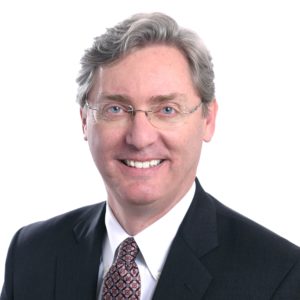
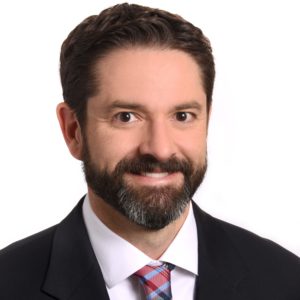
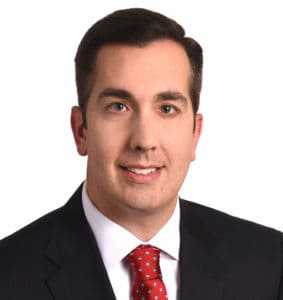
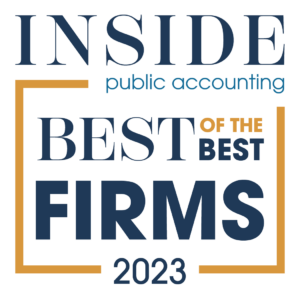
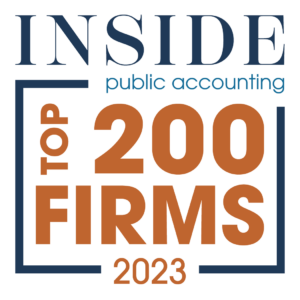
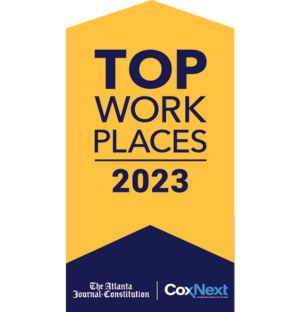
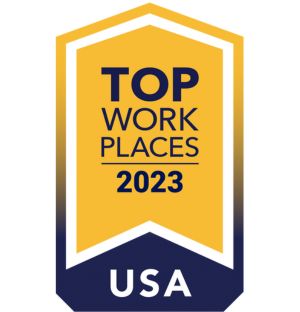
0 Comments